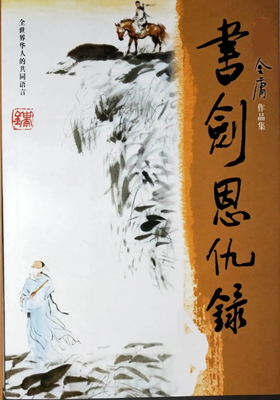昨天傅立民大使(Chas Freeman, 尼克松访华首席翻译)在一封邮件里跟我分享了他近期在哈佛学院中国论坛上的讲话,对于当前俄乌冲突对世界局势的影响,他谈了谈自己的想法。小王觉得傅立民的这段演说很深刻,又很无奈。世界正在经历“百年未有之大变局”,带给我们的思考远超俄乌本身。

演讲中英文全文:
美国人现在对俄罗斯的侵略如此上心,以至于我们应该但却几乎没有去思考乌克兰战争正在催化全球局势的划时代变化,也没有思考如何去应对这些变化。普京总统决定使用武力捍卫莫斯科的安全利益,以及之后美国、欧洲、日本和澳大利亚的反应,显然都标志着“百年未有之大变局”。我们正在见证后冷战时期的结束,二战后和布雷顿森林体系时代的过去,以及其他世界秩序的历史性转变。
俄罗斯对融入西方进行的长达三个世纪的努力最终失败了。制裁正在使俄罗斯与欧洲和北美脱钩,并使其别无选择只能依赖中国和印度。欧洲不再和平。德国和日本在重整武装。芬兰和瑞典申请加入北约,而土耳其却将其搁置一旁。随着“脱欧”,英国失去了在欧洲的影响力,从而在全球范围内削弱了自己。中东已不再是美国的势力范围。
国际法几乎失去了所有可信度。以美元为基础的国际货币体系的未来越来越受到质疑。美国享受了四分之三世纪的“过高特权”正处于危险之中。随着非洲、阿拉伯世界、拉丁美洲、西亚,东南亚,中国和印度一道拒绝在乌克兰的美俄代理人战争中选边站队,这表明比起民主和专制,世界在前帝国主义大国和被他们压制的国家之间更加分裂。能够充分代表不断变化的全球政治主体的组织机构和能弥合这一鸿沟的制衡力量都越来越少。
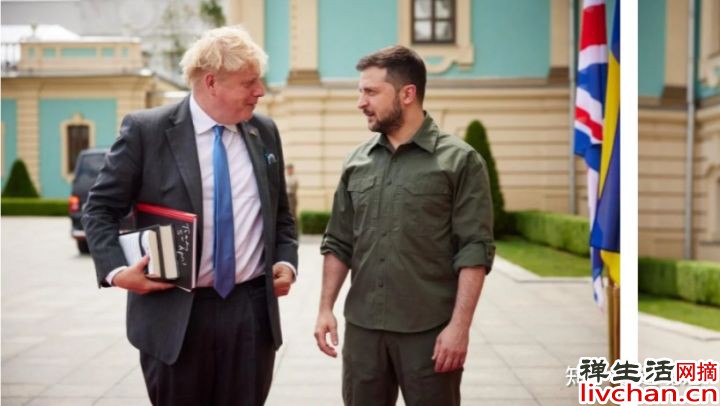
乌克兰的噩梦是在美国和中国用寻求单方面优势的“大国竞争”取代寻求互利共赢之后发生的。中美关系正处于正常化后的最低点。这种变化以及日益扩大的美俄代理人战争所引发的变化正在加速将世界划分为相互竞争的经济、技术和军事集团——一个由美国领导,另一个以中国为中心,也许还有其他。气候变化、生态恶化和核扩散等全球性问题,以及为促进全球繁荣而重塑贸易和投资规则的挑战都被忽视了。中美关系的基本原则“求同存异”到底发生了什么?
最终,中国和美国将重新发现恢复友好关系的好处。但是,在我已经七十九岁的现在,我不指望能活到看到这一天。这种分裂,就像中苏分裂一样,是愚蠢的,但政治家们需要时间来恢复理智并试图修复它。
这对中美关系,中国人和美国人的关系意味着什么?
中国的经济繁荣和美国的科技进步都在两国过去四十年的合作中受益匪浅。双方目前为这种合作设置的障碍现在不仅帮不上忙还只能带来破坏。中国与俄罗斯和南半球国家合作,但不再与美国交好。美国将错过中国对其科学、技术和资本的可靠贡献,就像中国错过通过与美国合作取得进步的机会一样。
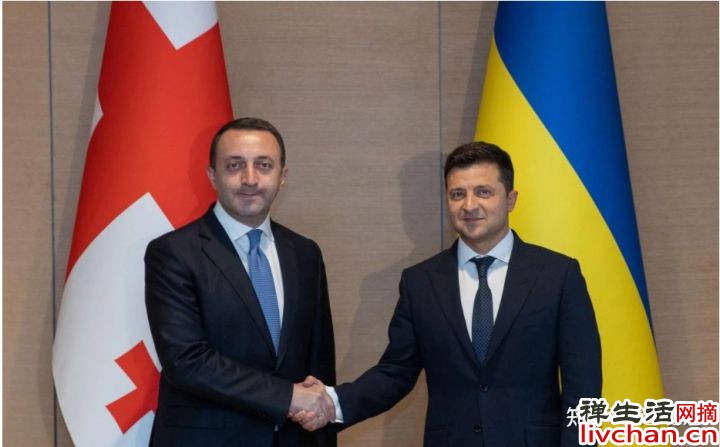
在座的许多人都在追随前几代中国人的脚步在西方寻求知识。即使经过长时间的停滞间断,二十世纪二三十年代在这里学习的人依旧能够引领 1980 年代中美学术交流的复兴。难过的是,你们这一代的中国学生可能会发现自己在一段时间内同样与这个国家隔绝。就像一个世纪前的中国学生一样,你必须亲身去了解它的优点和缺点。无论你留在这里、返回中国,还是去别处,当事情平静下来时--它们最终也会那样,你将成为中美互利关系复兴的基础。
事实是,如果不与对方和平交流,中国和美国都无法成为任何一方有能力成为的样子。我们将为脱离交往付出代价,但它不会永远持续下去。我们可能在很多事情上存在分歧,但随着时间的推移,我们将重新接受合作的必要性,以推进我们共同的利益。而有很多那样的利益等待我们去发现。
Changes not seen in a Century
Remarks to the Harvard College China Forum
Ambassador Chas W. Freeman, Jr. (USFS, Ret.)
Visiting Scholar, Watson Institute for International and Public Affairs, Brown University
By video from Washington, DC 16 April 2022
Americans are now so worked up about Russian aggression that we are not thinking nearly as much as we should be about the epochal changes in the global situation that the war in Ukraine is catalyzing or how to cope with these. President Putin’s decision to use force to defend Moscow’s perceived security interests and the reactions of the United States, Europe, Japan, and Australia to this clearly mark “changes not seen in a century” [百年未有之大变局][1]—to coin a phrase. We are witnessing the end of the post-Cold War period and the passing of the post-World War II and Bretton Woods eras as well as other historic shifts in the world order.
Russia’s three-century-long effort to attach itself to the West has definitively failed. Sanctions are decoupling it from Europe and North America and leaving it with no alternative to dependence on China and India. Europe is no longer at peace. Germany and Japan are rearming. Finland and Sweden are applying for membership in NATO as Turkey sets it aside. With “Brexit,” Britain has forfeited influence in Europe and thereby diminished itself globally. The Middle East has ceased to be an American sphere of influence.
International law has lost almost all credibility. The future of the dollar-based international monetary system is in increasing doubt. The “exorbitant privileges” the United States has enjoyed for three-fourths of a century are at risk. As Africa, the Arab world, Latin America, and West and Southeast Asia join China and India in refusing to take sides in the US-Russia proxy war in Ukraine, they show that the world is much more divided between former imperialist powers and those they humiliated than between democracies and autocracies. There are ever fewer institutions that are sufficiently representative of shifting global subdivisions and power balances to bridge this divide.
The nightmare in Ukraine follows the replacement by the U.S. and China of efforts to seek mutual benefit with “great power rivalry” that seeks one-sided advantages. Sino-American relations are at a post-normalization nadir. The changes this and the widening Russo-American proxy war have catalyzed are accelerating the partition of the world into rival economic, technological, and military blocs – one led by the United States, another centered on China, and perhaps still others. Planetwide problems like climate change, environmental degradation, and nuclear proliferation as well as challenges like reinventing rules for trade and investment that enable greater global prosperity are being neglected. Whatever happened to 求同存异[2] – the founding principle of Sino-American relations?
Eventually, China and the United States will rediscover the merits of rapprochement. But, at seventy-nine, I do not expect to live to see this. This Sino-American split, like the Sino-Soviet split, is folly, but it will take time for statesmen to come to their senses and try to repair it.
What does this mean for relations between China and the United States or between Chinese and Americans?
China’s economic prosperity and America’s scientific and technological advance have both benefitted enormously from collaboration between the two countries over the past four decades. The impediments that both are erecting to such intercourse cannot now help but take their toll. China is aligned with Russia and the countries of the global South but no longer with the United States. America will miss reliable Chinese contributions to its science, technology, and capital as much as China misses the opportunity to advance through cooperation with the United States.
Many of you in this audience are following in the footsteps of previous generations of Chinese who sought knowledge in the West. After a long hiatus, those who studied here in the 1920s and ‘30s were able to lead the renewal of Sino-American scholarly communication in the 1980s. Sadly, your generation of Chinese students may find yourselves similarly isolated from this country for a time. You have come to know its merits and failings firsthand as Chinese students a century ago also did. Whether you remain here, return to China, or go elsewhere, when things calm down – as they eventually will, you will be the foundation on which mutually beneficial ties between China and the United States are renewed.
The fact is that neither China nor America can become what either has the capacity to be without peaceful engagement with the other. We will pay a price for disengagement, but it will not last forever. We may differ on many things but in time we will reembrace the imperative of cooperation to advance those interests we share. There are many such interests for us to rediscover.
本文初摘录于:2022-04-17,最后校对或编辑于:2024-02-04
本页面二维码
© 版权声明:
本站资讯仅用作展示网友查阅,旨在传播网络正能量及优秀中华文化,版权归原作者所有。
如有侵权请 联系我们 予以删除处理。
其他事宜可 在线留言 ,无需注册且留言内容不在前台显示。
了解本站及如何分享收藏内容请至 关于我们。谢谢您的支持和分享。
猜您会读:
- 近期,乌克兰对俄罗斯发动了代号为“蛛网”的特种作战行动。作为回应,俄罗斯6月6日对乌克兰发动了大规模打击,几乎覆盖乌克兰全境。在俄乌大打出手的同时,英国一位防务顾问... 2025-06-11
- 近日,华盛顿邮报爆料称,马斯克的星链已经对美国国家安全构成威胁。因为马斯克当初带领政府效率部绕过特勤安全局系统在白宫附近的一栋建筑物上安装了星链卫星终端。当地时间6... 2025-06-10
- 在俄乌停火谈判的前一天,乌克兰对俄罗斯战略轰炸机发起了恐怖袭击,导致俄罗斯至少损失4架战略轰炸机,另有10余架受伤。这显然是俄罗斯战略核力量遭受的重大打击。我说乌克兰... 2025-06-07
-
亲信爆料:特朗普私下称乌克兰空袭俄机场的行动“很牛”(badass)
乌克兰日前通过使用小型无人机,对俄罗斯境内的多个空军基地发动了袭击。美国Axios新闻网站报道,据与特朗普讨论过此事的消息人士透露,特朗普认为乌克兰的无人机袭击“很强硬... 2025-06-05 - 世界正在发生质变。近日,乌克兰发动的“蛛网行动”虽然取得了一定的成功,但却引来了俄罗斯的猛烈报复。当俄罗斯伊尔库茨克军用机场一架价值数亿美元的图-95战略轰炸机在穿越... 2025-06-05
- 2025年6月1日凌晨,当俄罗斯战略轰炸机基地的警报声刺破黑夜时,一场酝酿了18个月的"蛛网行动"正在五个时区同时展开。117架小型无人机从隐藏在货车内的木制棚屋中腾空而起,如... 2025-06-05
-
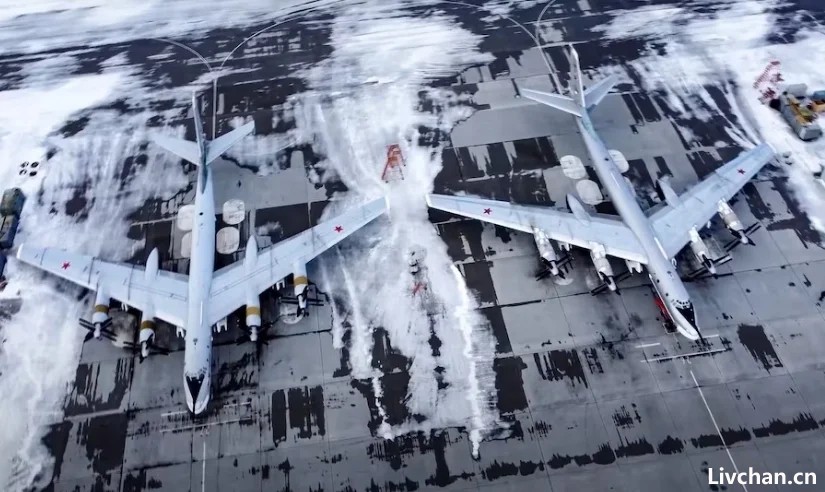
乌克兰改写了战争规则:乌无人机从俄境内发射对俄军用机场发动大规模袭击
6月1日,俄罗斯多个地区遭到乌克兰武装部队(AFU)无人机的袭击。俄罗斯国防部发布了该消息。据俄罗斯国防部称,俄罗斯的摩尔曼斯克、伊尔库茨克、伊万诺沃、梁赞和阿穆尔州的... 2025-06-03 - (一)不得不说,这是迄今乌克兰最大胆也是最成功的一次无人机集群攻击。看了一下,攻击目标甚至远到俄罗斯西伯利亚,靠近俄罗斯和蒙古国边境。乌克兰可谓大获全胜。按照乌克... 2025-06-02
-
DEEPSEEK评论俄乌冲突:泽连斯基根本不懂战争,也不知道怎么结束战争
泽连斯基根本不懂什么是战争,更谈不上懂怎么结束战争2025年的俄乌战场,硝烟未散,而和平的曙光却始终笼罩在政治博弈的迷雾中。乌克兰总统泽连斯基以战时领袖的形象登上国际... 2025-05-24 -
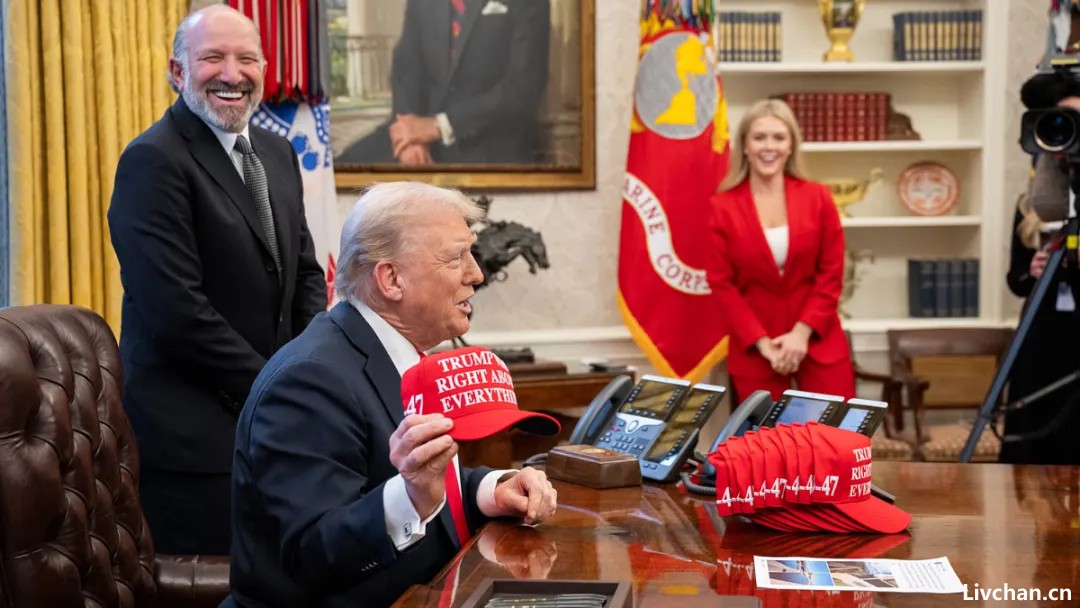 印巴边境的火星子还没灭,印度总理莫迪就已经点起了胜利的烟火。5月13日,印度人民党突然宣布,全国将开展为期十天的“Tiranga Yatra”爱国巡游,宣传“辛杜尔行动”的成果。...
2025-05-22
印巴边境的火星子还没灭,印度总理莫迪就已经点起了胜利的烟火。5月13日,印度人民党突然宣布,全国将开展为期十天的“Tiranga Yatra”爱国巡游,宣传“辛杜尔行动”的成果。...
2025-05-22 -
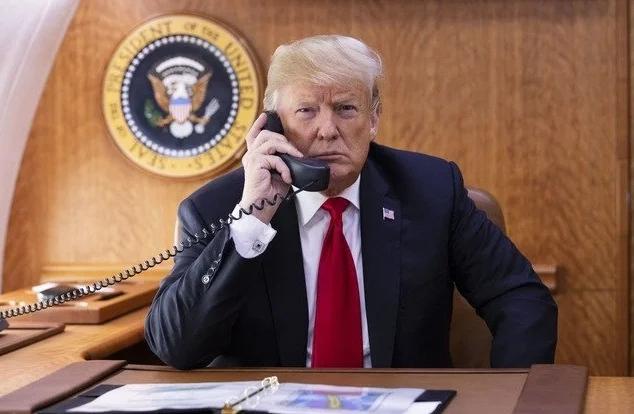
英媒:特朗普向乌欧领导人转述他和普京达成的协议时,对方震惊了
美国总统特朗普日前再度与俄罗斯、乌克兰以及欧洲多国领导人通话,斡旋俄乌问题。欧方认为,从通话的结果来看,特朗普想要抽身而退。5月19日,在与普京通话后,特朗普在其社交... 2025-05-22
- 扁鹊见蔡桓公先秦 韩非扁鹊见蔡桓公,立有间,扁鹊曰:“君有疾在腠理,不治将恐深。”桓侯曰:“寡人无疾。”扁鹊出,桓侯曰:“医之好治不病以为功!”居十日,扁鹊复见,... 2024-10-19
- 没有高尚品格和信仰,当了医生就是对这个神圣职业的亵渎。患者把人类最为宝贵的生命都交给了这个“神圣的人”,而这个人却对患者的生命不屑一顾 … 医生对病情的过度渲染实... 2024-09-16
-
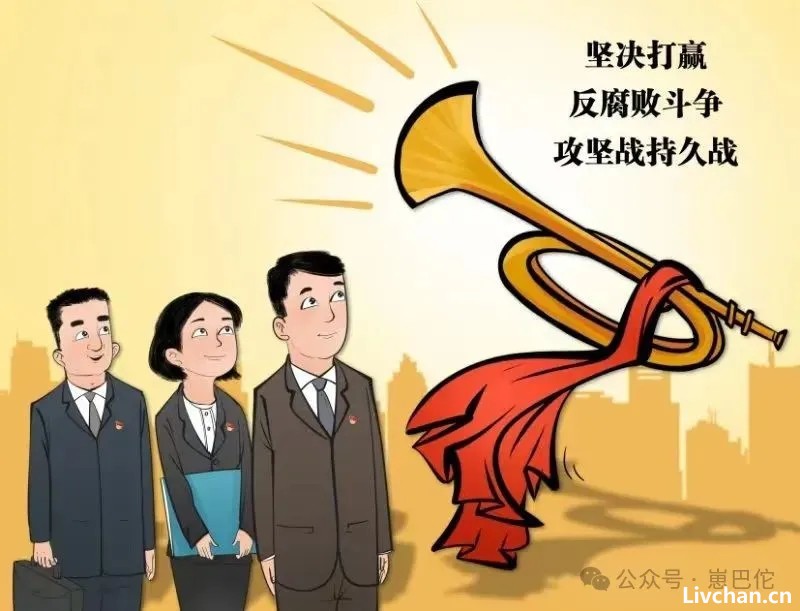
清华硕士马翔宇吹响了全民反腐的冲锋号——如同指出皇帝没穿衣服的孩子
在这个信息爆炸的时代,我们每天都被海量的新闻和故事所包围。然而,有些故事,它们的影响力远远超出了文字所能表达的范畴。今天,我们要聊的,就是这样一个故事——一个清华... 2024-08-04 -
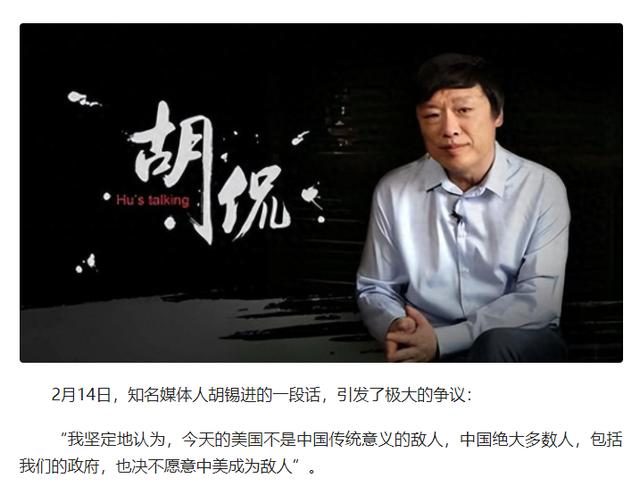 布林肯访华期间,有一些奇怪的事一直想谈谈,还是本着沉淀一段时间后再来捋,或许能发现更多的东西。布林肯访华期间发生了什么怪事?当时网络出现顶级流量的骑墙公知抛出的“...
2024-05-13
布林肯访华期间,有一些奇怪的事一直想谈谈,还是本着沉淀一段时间后再来捋,或许能发现更多的东西。布林肯访华期间发生了什么怪事?当时网络出现顶级流量的骑墙公知抛出的“...
2024-05-13 -
 最近在视频号直播,谈到美国像苏联一样解体的外七条和内七条,总结起来就是十四条理由。外七条:1. 美国处于第四次世界大战的战略防御阶段三战是冷战,冷战是混合战争模式。...
2024-01-27
最近在视频号直播,谈到美国像苏联一样解体的外七条和内七条,总结起来就是十四条理由。外七条:1. 美国处于第四次世界大战的战略防御阶段三战是冷战,冷战是混合战争模式。...
2024-01-27 - 伊朗的革命、堕落与复兴因为战争已经开始了,好多人说,卢先生预判很准。其实那个准不准有啥用啊?只是对一个趋势的判断而已。但今天讲的课就非常重要。今天我讲伊朗的革命、... 2025-06-21
- 文 观察者网 齐倩当地时间6月20日,伊朗总统府官员马吉德·法拉哈尼向美国有线电视新闻网(CNN)表示,如果美国总统特朗普命令以色列领导层停止对伊朗的袭击,那么与伊朗的... 2025-06-21
-
 当地时间6月19日,伊朗向以色列发动新一轮袭击。据以色列卫生部门统计,本轮袭击目前已造成约50人受伤,其中多人重伤。其中,以色列南部贝尔谢巴的苏鲁卡医院在袭击中受损严重...
2025-06-21
当地时间6月19日,伊朗向以色列发动新一轮袭击。据以色列卫生部门统计,本轮袭击目前已造成约50人受伤,其中多人重伤。其中,以色列南部贝尔谢巴的苏鲁卡医院在袭击中受损严重...
2025-06-21 - 对付完伊朗就对付中国?美以这实话说早了!这是两个听起来很炸裂,但实际上又合乎逻辑的消息。一则是以色列总理内塔尼亚胡说,先打败伊朗,接着就打巴基斯坦。另一则是美国总... 2025-06-21
-
 那尔那茜背后有高人!什么人呢?想必是在大风大浪面前,教那尔那茜苦练缩头功的人。任凭媒体风吹雨打,那尔那茜与上戏岿然不动,绝口不作任何回应。虽然每天都有新的热点事件...
2025-06-21
那尔那茜背后有高人!什么人呢?想必是在大风大浪面前,教那尔那茜苦练缩头功的人。任凭媒体风吹雨打,那尔那茜与上戏岿然不动,绝口不作任何回应。虽然每天都有新的热点事件...
2025-06-21



